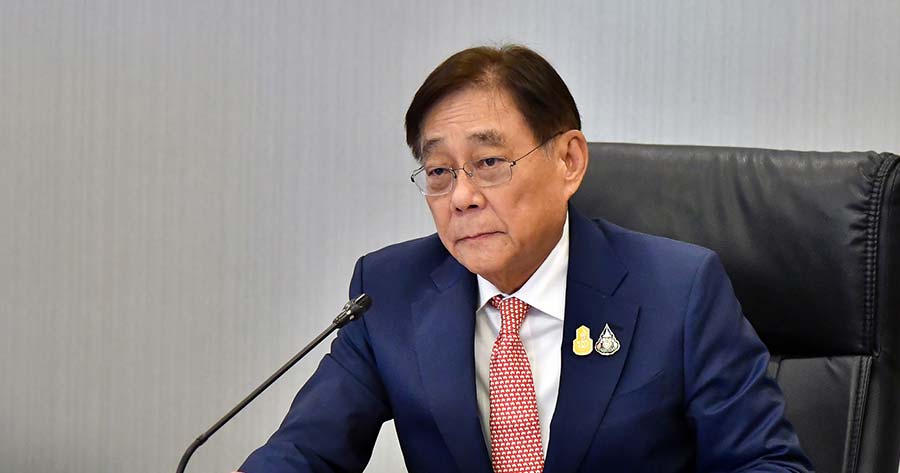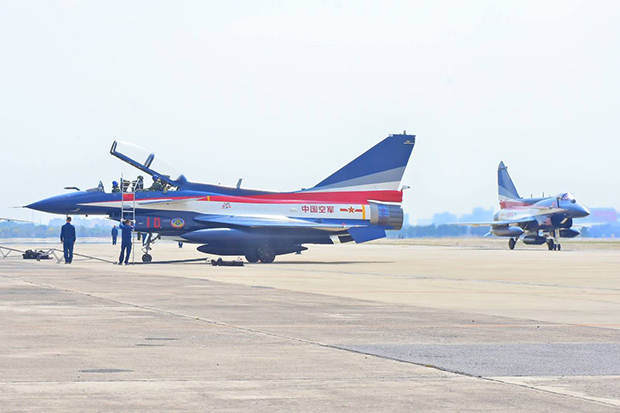Understanding the Impact of Tariffs on Subsidies
How Trade Policies Affect Financial Aid Programs
Recent trade policies introducing tariffs have sparked concerns about the sustainability of government subsidy programs. These tariffs, designed to protect domestic industries, increase the cost of imported goods, potentially straining public budgets. As governments rely on revenue to fund financial aid initiatives, the rising costs could force a reevaluation of subsidy schemes that support low-income families, farmers, and small businesses. The ripple effect of these trade regulations may disrupt the delicate balance of economic support systems, leaving vulnerable populations at risk.
Challenges Facing Subsidy Programs
Balancing Budgets Amid Rising Costs
The introduction of tariffs often leads to higher prices for consumers and businesses, reducing disposable income and tax revenues. This creates a challenging environment for maintaining robust subsidy programs. Governments may face tough decisions, such as cutting funding for welfare initiatives or increasing taxes to offset losses. For instance, agricultural subsidies, which help stabilize food prices, could be scaled back, impacting both farmers and consumers. The uncertainty surrounding these programs underscores the need for strategic financial planning to ensure continued support for those in need.
Potential Solutions to Mitigate Tariff Effects
Strategies to Protect Public Welfare Programs
To address the challenges posed by tariffs, policymakers are exploring innovative solutions to safeguard subsidy programs. One approach involves diversifying revenue streams, such as investing in renewable energy projects to generate long-term income. Another strategy is to streamline subsidy distribution, ensuring aid reaches the most vulnerable efficiently. Additionally, fostering international trade agreements that minimize tariff impacts could stabilize budgets. By adopting these measures, governments can protect the integrity of financial aid systems and maintain economic stability.
Looking Ahead: The Future of Subsidies
Navigating Economic Uncertainty with Tariffs
As tariffs continue to shape global trade, the fate of government subsidy programs remains uncertain. Stakeholders, including policymakers and community leaders, must collaborate to advocate for sustainable economic policies. Public awareness campaigns can also highlight the importance of subsidies in promoting social equity. By prioritizing adaptive strategies and open dialogue, governments can navigate the complexities of trade regulations while ensuring that financial aid programs remain a cornerstone of public welfare.








